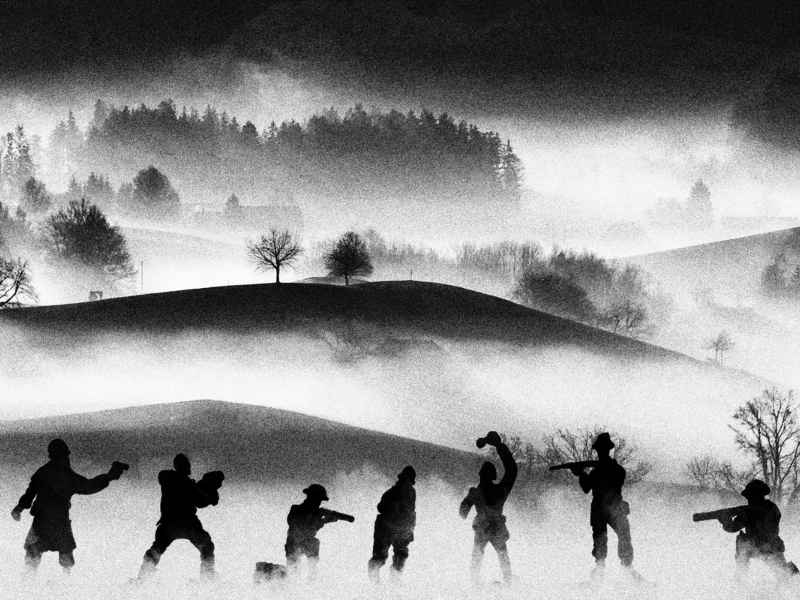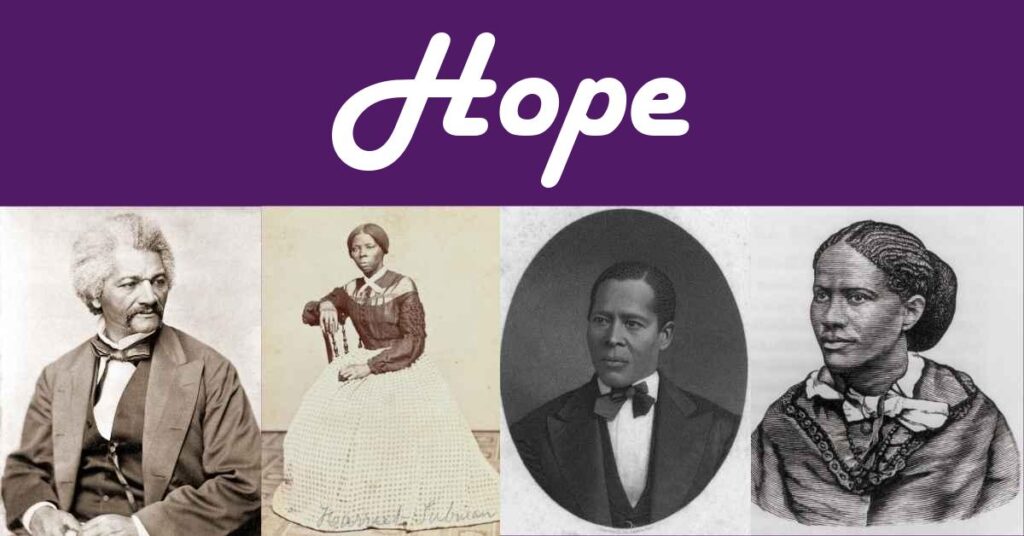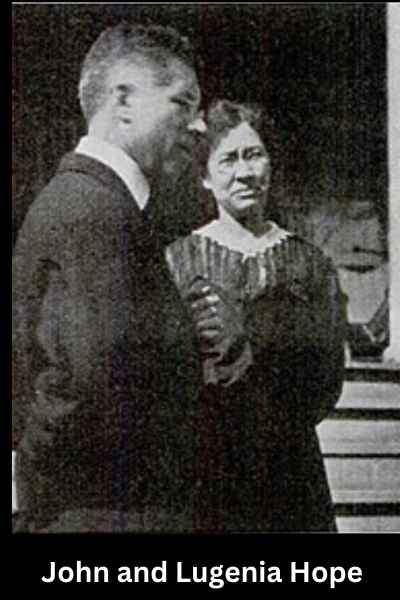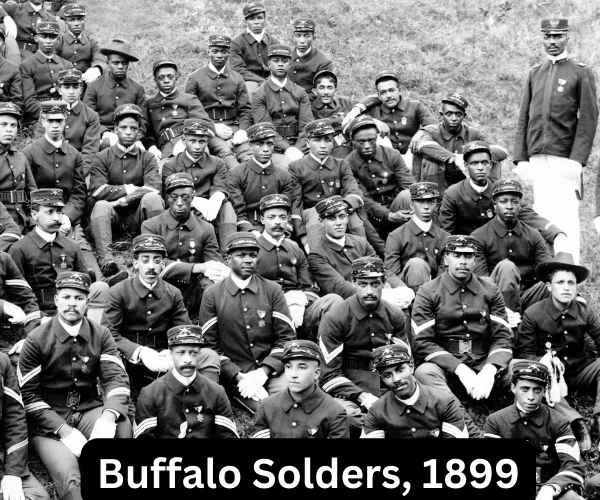The 2010 U.S. Census recorded 4,167 black Americans with Hope as their last name. That represented 24% of the total of 17,562 entries.
This article tracks their numbers in the census since the Civil War. We also look at historic African American people named Hope.
We end with a review of early records of black military service in the United States.
After The Civil War

The 1870 census was the first survey after the Civil War and the Emancipation Proclamation. In 1850 and 1860, only free African Americans were recorded in the census. The many enslaved were omitted.
From 1870 onward, all black Americans were included.
390 people named Hope were recorded in the 1870 census as black and 49 as mixed.
There was a total of 3,476 people with the name.
Hope In The 1900 And 1940 Census
The mixed category was dropped from the census in 1900, so we just need to look at the black numbers this time.
The 1900 census recorded 805 people with the last name Hope as black within a total of 5,630 that year.
By the way, the mixed category returned in the 1910 and 1920 censuses. It was dropped again in 1930, but replaced with extra categories for colored and non-white in a way that seems confusing now.
This changed again in 1940 and we can simply focus on one black category.
The 1940 census recorded 1,221 people named Hope as black within a total of 9,109.
Historic Black Figures With The Hope Surname

Here are some notable African Americans in history with Hope as their last name.
John Hope
- Born: 1868
- Died: 1936
John Hope’s parents lived as an interracial couple when marriage was prohibited (his father was Scottish, and his mother was a free woman of color). His father died young, but John was determined to get an education. He graduated from Brown University in 1894.
Hope taught classics at several colleges and became president of what is now Morehouse College in 1906. He was one of the founders of the Niagara Movement for civil rights, and later joined its successor, the NAACP.
Hope was a committed activist who promoted education opportunities for African Americans. He was appointed president of Atlanta University in 1929, and was hugely influential in developing the graduate school there.
His wife, Lugenia Burns Hope, was also an activist for the advancement of African Americans.
Other founders of the Niagara Movement
Here are some other co-founders:
Lugenia Hope
- Born: 1871
- From: St Louis, Missouri
- Died: 1947

Lugenia Hope was the wife of Hope in the previous section.
When Lugenia Burns’ father died, she had to leave school to work for several charitable organizations in Chicago. However, she pursued her studies from the age of nineteen. When she married John Burns, they moved to Atlanta where her husband eventually became president of Atlanta University.
Lugenia set up an organization in 1908 called the Neigbhorhood Union to send college students to interview black communities about their needs. This let her arrange better services for the communities.
After her successful local activism, she worked to end segregation in the YWCA in the 1920s and admonished the white members who opposed equality.
As vice-president of the Atlanta chapter of the NAACP, she organized workshops on voting legislation and citizens’ rights. The model was highly influential on the next generation of civil rights activists.
Hope In Black Military Records
Military records are a rich resource of information for family history research. Here are examples of the Hope surname from military service.
Buffalo Soldiers

Five regiments for black soldiers were formed during the Civil War. They were known as the Buffalo Soldiers.
Their records are part of the national archive of military monthly returns. The information includes the year and place of birth, where they enlisted, their occupation, and their height.
One of the earliest military entries for Hope was in July 1867. Henry Hope was a Private in the U.S. Tenth Cavalry. He was stationed in July 1867 at Fort Leavenworth, Kansas.
One of the later entries was in March 1880. Jasper P. Hope was a Sergeant in the U.S. Ninth Cavalry.
If you are researching military ancestors, there is a free index of these records on Ancestry.com and FamilySearch.org.
You have to create an account on either website, but you do not need to pay for the Buffalo Soldiers archive.
Black Civil War Sailors
The National Parks Service has a free archive of African American sailors during the Civil War.
The information includes their age, height, rank, occupation, and where and when they enlisted. It also includes every ship that they served on.
You can search the database on the National Parks website.
David Hope
One of the earliest entries for Hope was for David Hope from Duvall Co., Florida. He enlisted in February 1 1863 at Tampa Bay when he was aged 30.
The record shows that David was assigned on July 1 1864 to the ship James L. Davis.
His occupation before enlisting was as a Farmer. His naval rank was Contraband Boy.